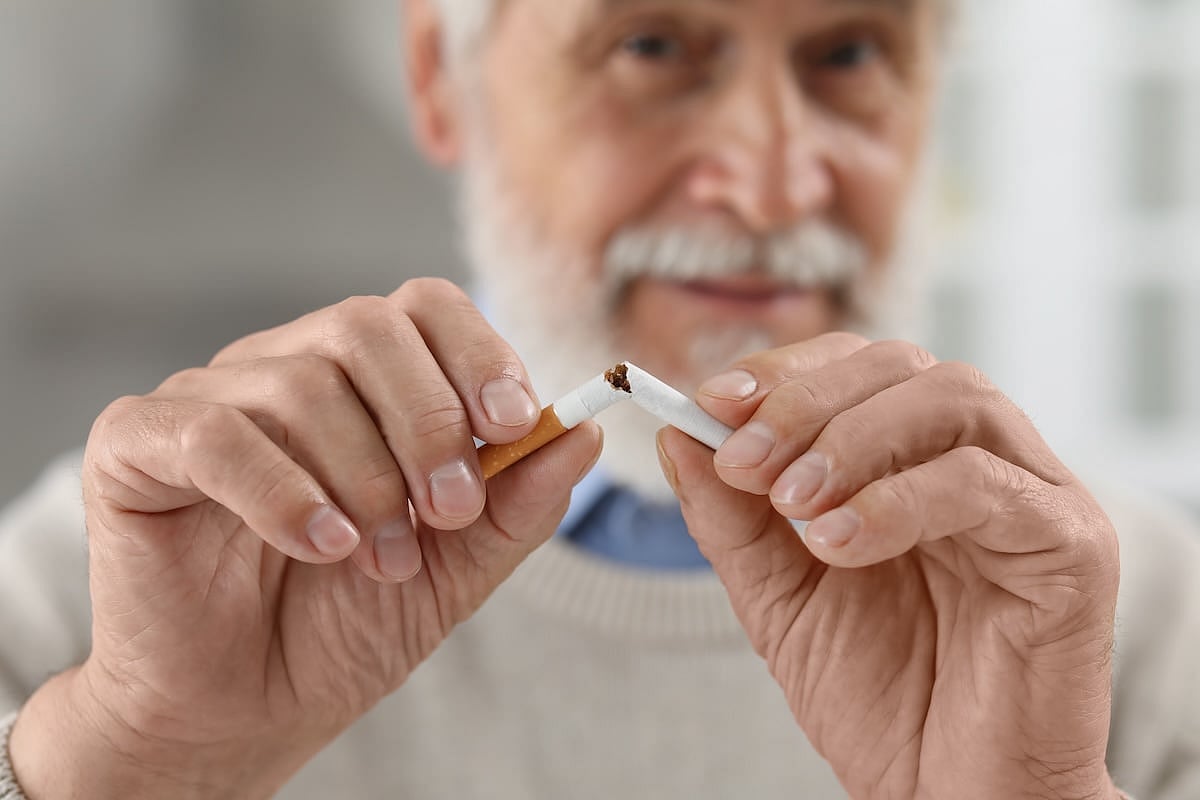Mon-Fri: 8:30a.m.-5:30p.m. | Sat: 9a.m.-12p.m. | Sun. & Major Holidays: Closed
Patient Resources
Get Healthy!
Taking One Step Can Boost Your Odds Of Kicking A Drug Habit
- August 15, 2025
- Dennis Thompson HealthDay Reporter

Folks fighting an addiction can boost their chances of success if they also drop the smokes, a new study says.
Addicts who quit smoking have up to 42% better odds of recovery, researchers reported Aug. 13 in JAMA Psychiatry.
These results indicate that smoking cessation programs should be made part of virtually all substance abuse treatment, researchers concluded.
“We now have strong evidence from a national sample that quitting cigarette smoking predicts improved recovery from other substance use disorders,” Dr. Nora Volkow, director of the National Institute on Drug Abuse (NIDA), said in a news release.
“It underscores the importance of addressing different addictions together, rather than in isolation,” added Volkow, who was not involved in the research. NIDA partly funded the study.
For the study, researchers analyzed data for nearly 2,700 adults with a history of substance use disorder who were tracked from 2013 to 2018. These folks were asked every year about whether they smoked or used illicit drugs.
Analysis showed that quitting smoking was associated with 42% better odds of a person being in recovery from their drug addiction.
Even after researchers accounted for other factors, dropping cigarettes was linked with 30% better odds of addiction recovery.
“Although the health benefits of quitting smoking are well-known, smoking cessation has not been seen as a high priority in drug addiction treatment programs,” senior researcher Dr. Wilson Compton, deputy director of NIDA, said in a news release. “This finding bolsters support for including smoking cessation as part of addiction treatment.”
However, researchers noted that because this was an observational study, it could not establish a direct cause-and-effect relationship between quitting smoking and recovery from addiction.
Further research is needed to establish a causal connection, and to figure out the best ways to support smoking cessation among people in treatment or recovering from addiction.
If you or someone you know is struggling or in crisis, help is available. Call or text 988 or chat at 988lifeline.org.
More information
The U.S. Centers for Disease Control and Prevention has more on how to quit smoking.
SOURCE: National Institute on Drug Abuse, news release, Aug. 13, 2025

